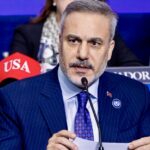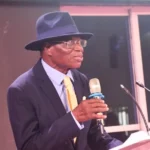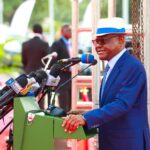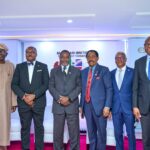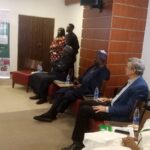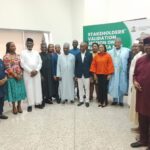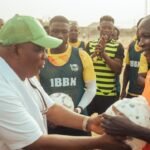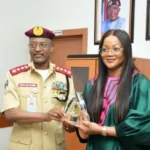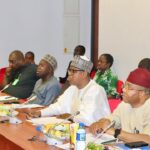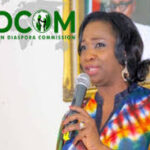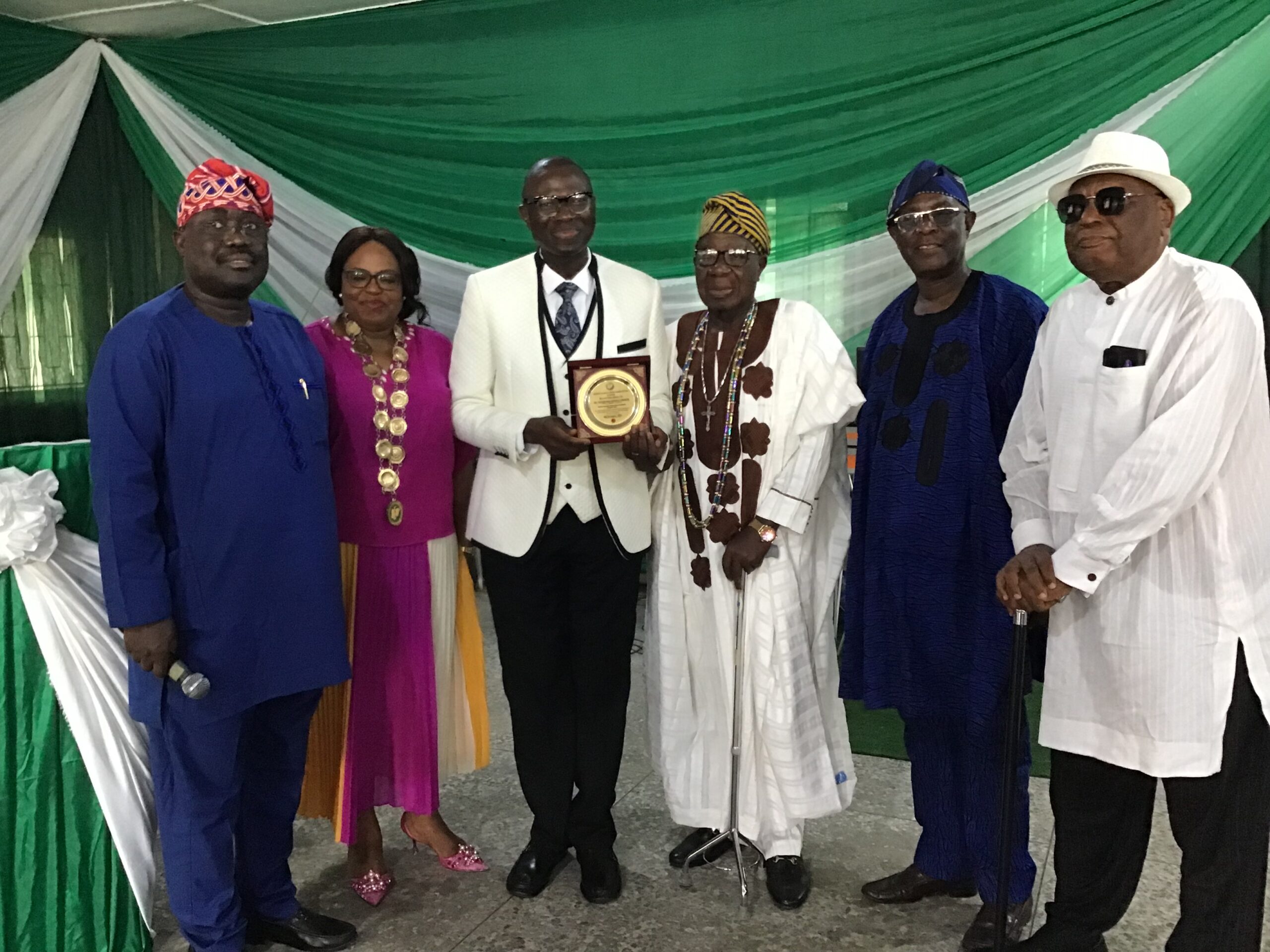Diabetes: Need to educate citizens on best lifestyles, nutritional habits
An Analysis by Lilian U. Okoro, News Agency of Nigeria (NAN) The World Diabetes Day is celebrated on Nov. 14 every year to highlight the prevalence of diabetes and its impact, and to educate people on lifestyle habits that could curb its prevalence. The World Diabetes Day becameContinue Reading

